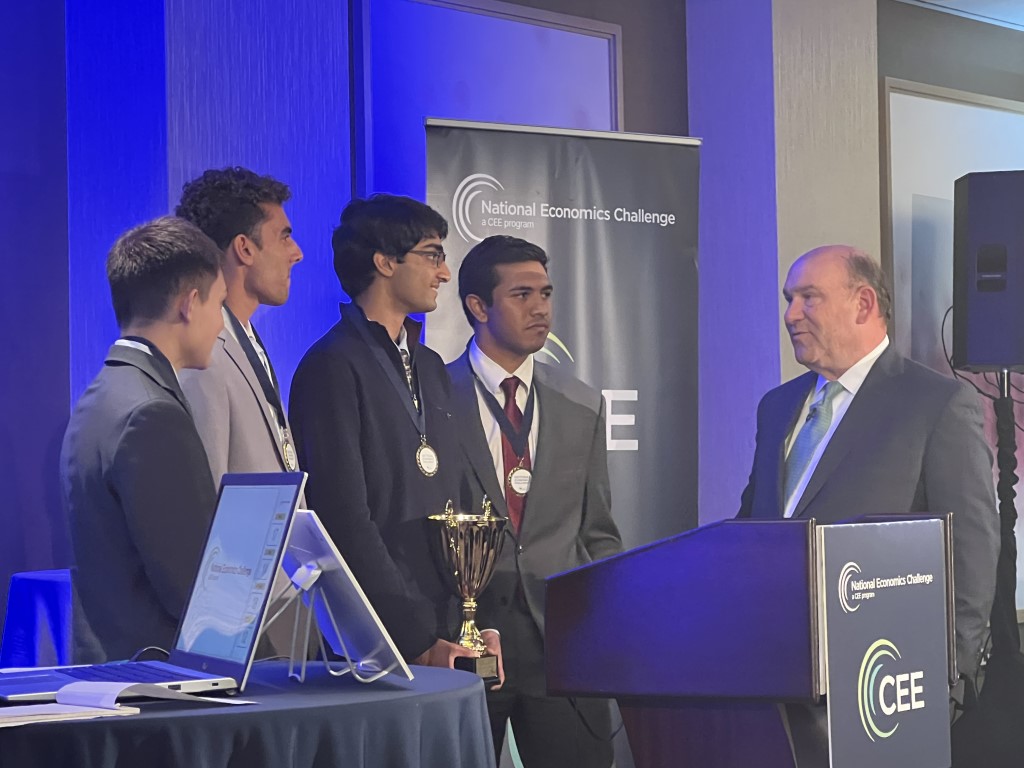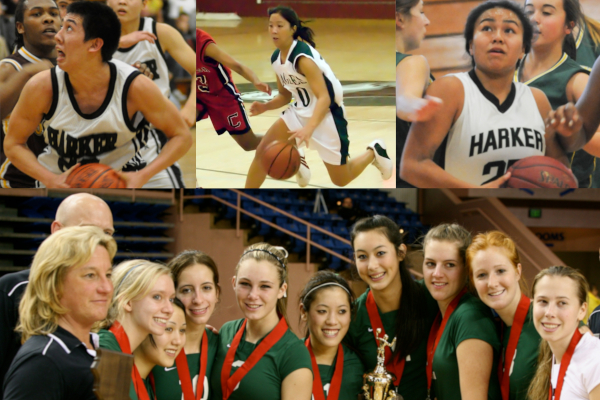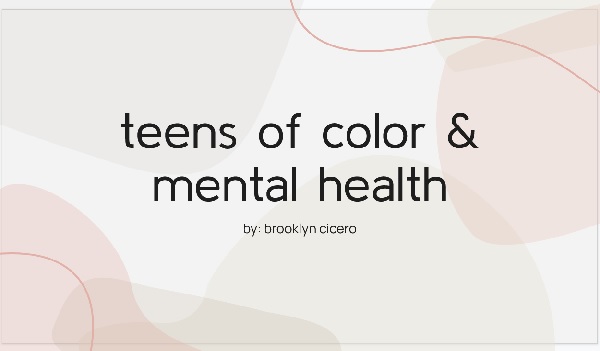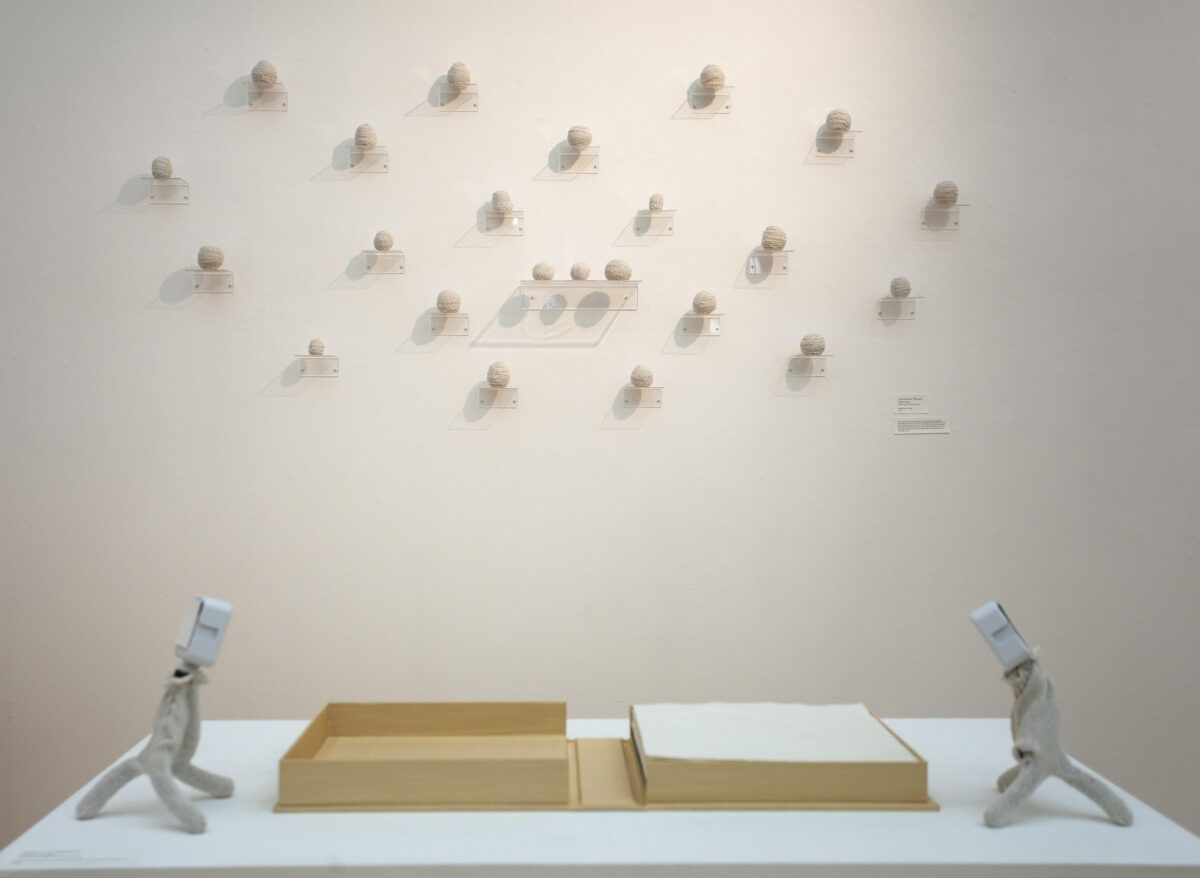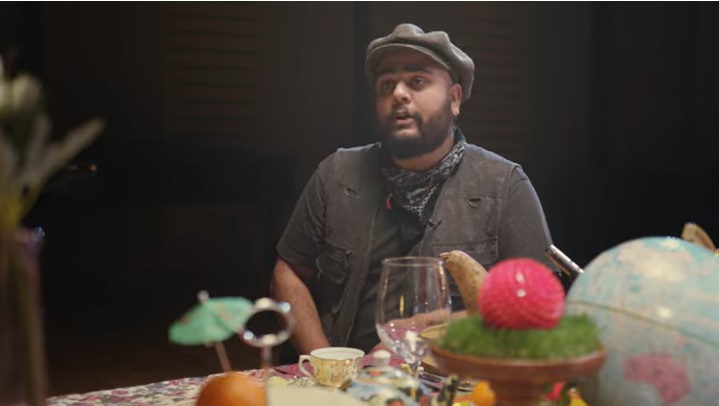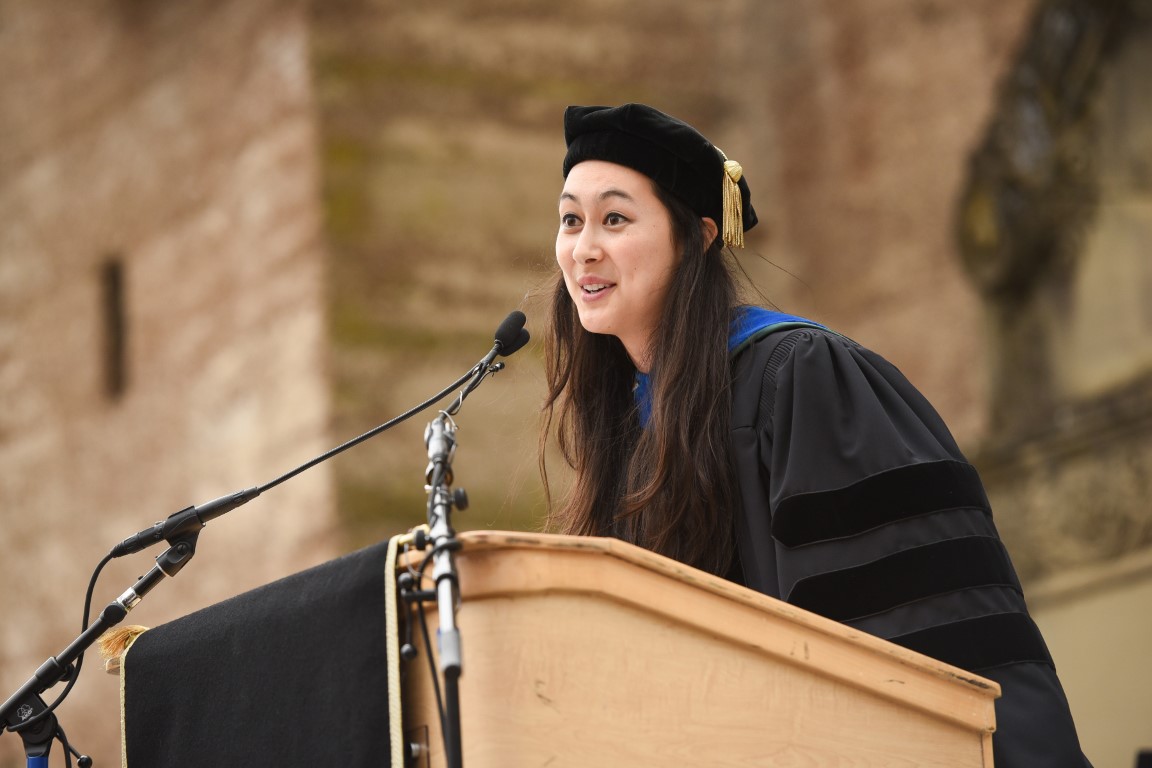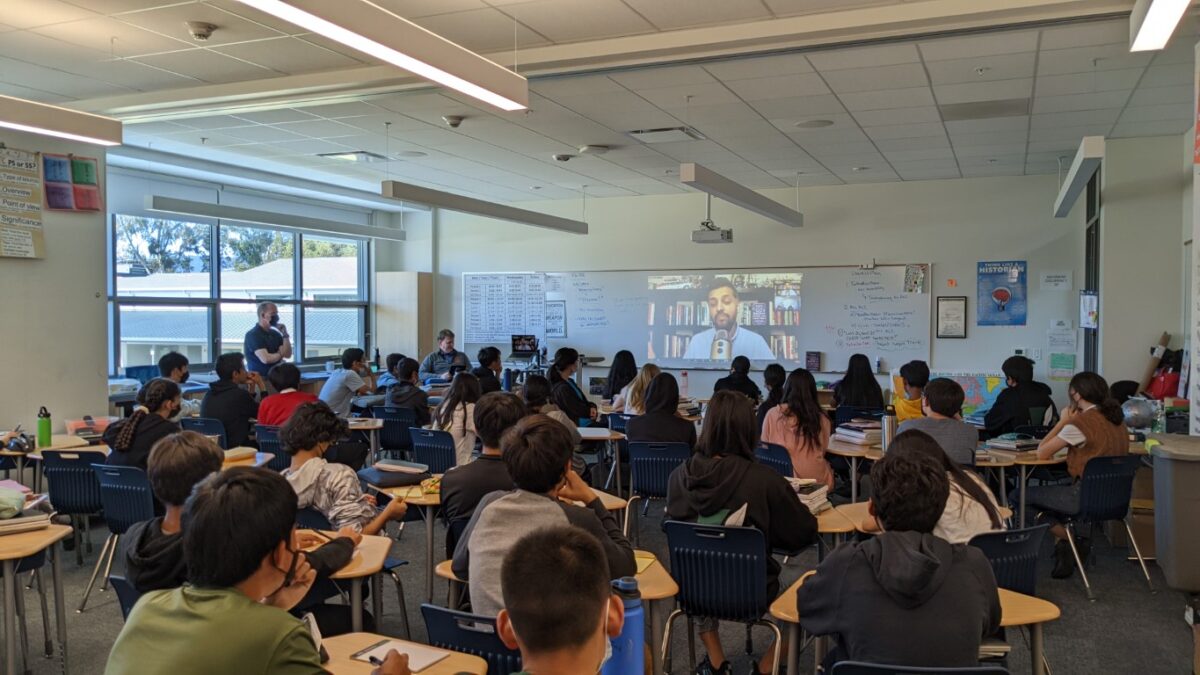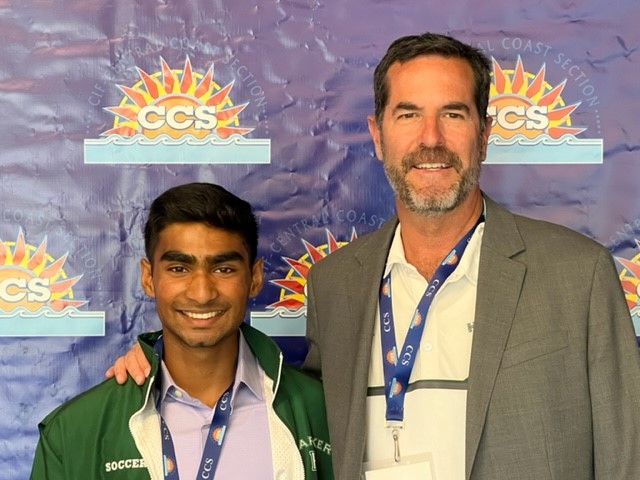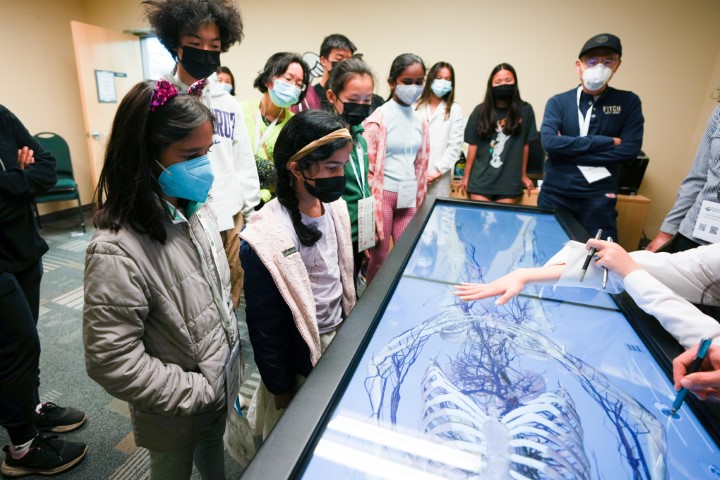2022 graduates Zach Clark, Harsh Deep, Shahzeb Lakhani and Rohan Thakur collected another major win at the International Economics Olympiad, held last week in China.
Alumni
Three athletes and one legendary team headed to Athletic Hall of Fame
In October, three outstanding alumni and one legendary team will be inducted into the Harker Athletic Hall of Fame.
Recent graduate featured in Global Online Academy’s Catalyst Exhibition
Alumna wins senior prize in studio art from Wellesley
Alexa Gross ’17, who just graduated from Wellesley with a double major in studio art and neuroscience, was awarded the senior prize in studio art.
Adi Parige ’11 interviewed on current film projects
Recently, Adi Parige ’11, now working as a filmmaker in New Zealand, was interviewed for a documentary on the diversity of the city of Wellington’s film industry.
Tanya Schmidt ’08 one of two to win 2022 Prescott Prize
Tanya Schmidt ’07 was recently named one of the two winners of the 2022 Anne Lake Prescott Graduate Student Conference Paper Prize by the International Spenser Society.
Wajahat Ali MS ’94 speaks to middle school students
Author and columnist Wajahat Ali MS ’94 made a series of appearances via Zoom for middle school students last Friday.
Neil Mehta ’02 announces new scholarship endowment
At Wednesday’s Leadership Donor Celebration, Neil Mehta ’02 announced the establishment of The Mehta Endowment in Support of Scholarships and Entrepreneurship.
Students, alumnus recognized for athleticism and scholarship
Last week, senior Ishaan Mantripragada was named the Central Coast Section Male Scholar-Athlete of the Year.
Research Symposium returns to upper school campus
On April 16, the Harker Research Symposium welcomed attendees to the upper school campus for the first time since 2019.
